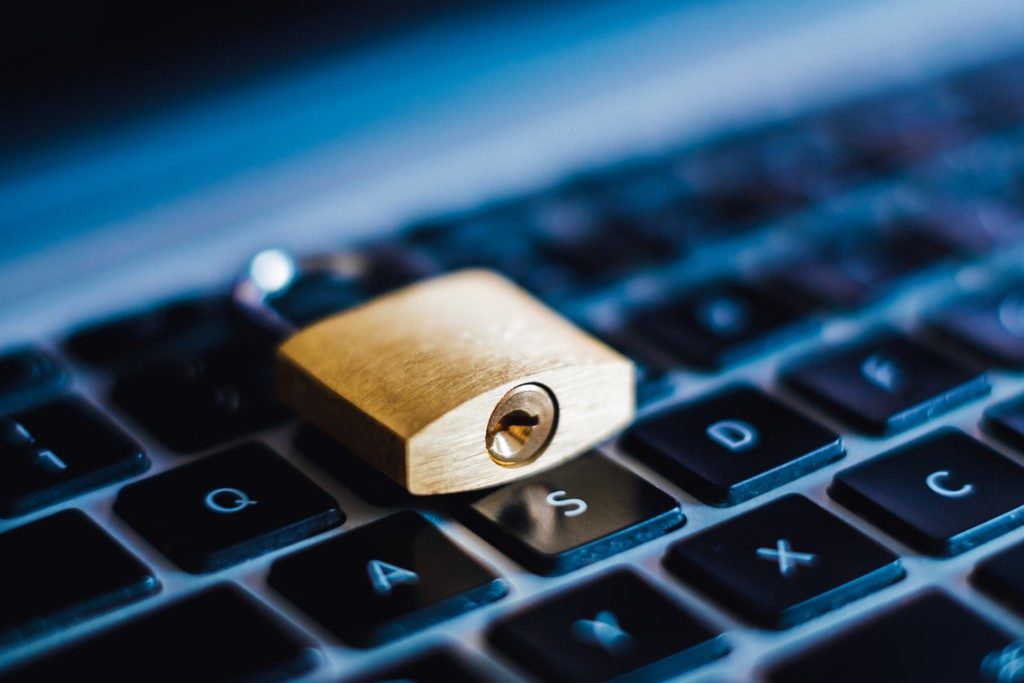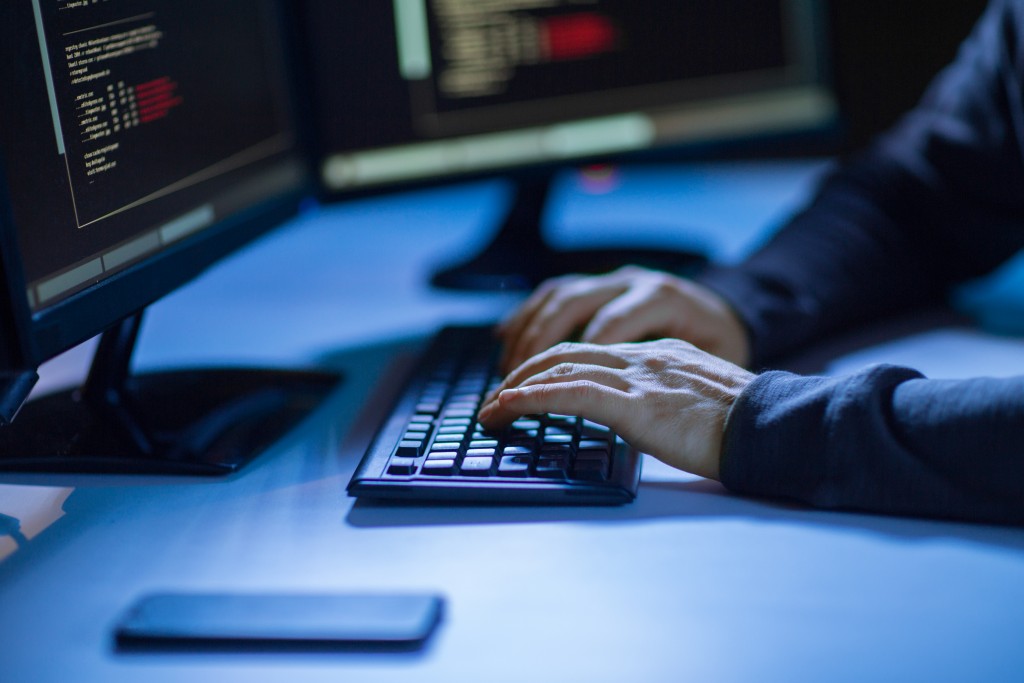It has become easier than ever to work remotely. And the pandemic has challenged many companies to rethink their operations. Among its many other consequences, this has resulted in a widespread acceptance of employees working from home.
But even as you sync and share enterprise files, collaborating with colleagues in different cities or across time zones, the associated risks of data loss and unauthorized access also increase. In the age of remote work, the first line of defense in cybersecurity is drawn up at home. And you, the end-user, are its enforcer and the most critical link in your company’s system.
A growing threat
Modern hackers employ a variety of techniques to piece together user information, breach system security, and gain access to sensitive data. Some of these are direct attacks on a security system or a company’s resources. For instance, distributed denial of service (DDoS) is typically launched against websites to flood them with more traffic than they can handle, resulting in costly downtime. Hackers can also insert malicious code into a vulnerable server, allowing them to view transmitted information.
However, as hacking techniques grow in sophistication and diversity, they are also becoming more accessible to anyone on the web. Even amateurs can download easy-to-use kits that allow them to perform specific attacks such as phishing or DDoS.
A low-level hacker with access to advanced tools might not have the skill required to penetrate a professionally secured network. But they do have the capability to break into accounts or devices guarded by lower standards of security.
Far-reaching implications
 More than ever, this spells bad news for individual workers and the companies that employ them. Many of us now work from home either full-time or on a hybrid basis; that can mean an extra eight hours or more every day spent online.
More than ever, this spells bad news for individual workers and the companies that employ them. Many of us now work from home either full-time or on a hybrid basis; that can mean an extra eight hours or more every day spent online.
But it’s not just the hours we log onto our devices for work that present opportunities for would-be hackers. Circumstances in the post-pandemic world are effectively limiting our options for leisure and socialization. The virtual realm is usually our substitute for such activities. We spend more time shopping, browsing, and engaging on social media.
This shift in behavior only further amplifies the cybersecurity risks workers face and the corresponding vulnerability they create in their respective companies’ systems. While most networks have policies that restrict access to sensitive data, a business will inevitably have to give specific users privileged credentials. Despite this, over 50% of companies have no security strategy in place for privileged access.
On top of the potential impact on a business, there are mental health risks involved. Much like having someone break into their homes, people who have become the victims of cybercrime can feel powerless and vulnerable. They can be prone to anxiety, depression, or even PTSD.
These factors can translate to a lasting negative impact on your career. Privileged credentials are only given to workers on a “need-to-know” basis; they tend to be higher up in an organization’s hierarchy. Should you end up being at fault for a breach in security, the effects on your company might be dire. And it might wind up taking an even greater toll on your mental health.
Proactive best practices
Your employer will doubtless take their own precautions and roll out updates to protect remote workers from the latest threats. But by nature, cybersecurity is always a step behind the hackers. Issues must emerge and be identified before responses are created and systems can evolve. Industry experts recognize this; the ordinary user seldom does.
Do you need to fall prey to a phishing scam or have malware find its way onto your device to realize the need for better cybersecurity practices? Hopefully, the answer is no. Understanding the reality and gravity of the threats we face every time we go online; we all have to take greater ownership of the security of our devices and credentials.
You shouldn’t need a website or your IT administrator to remind you to use strong passwords or to change them frequently. Recognize the tactics hackers use to grab your attention, such as threatening or urgent language, and never click on links or download files from suspicious sources. Keep your apps and devices up-to-date; avoid connecting over unsecured networks. And never share privileged information or anything that could open the door to such access with others.
Hackers are counting on the end-user to remain the weakest link in any system. Avoid this trap, and going about your job can transform from potential vulnerability to an added layer of security for your organization. And it will save you from the hidden risks that cybercrime can pose to your career.
